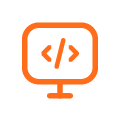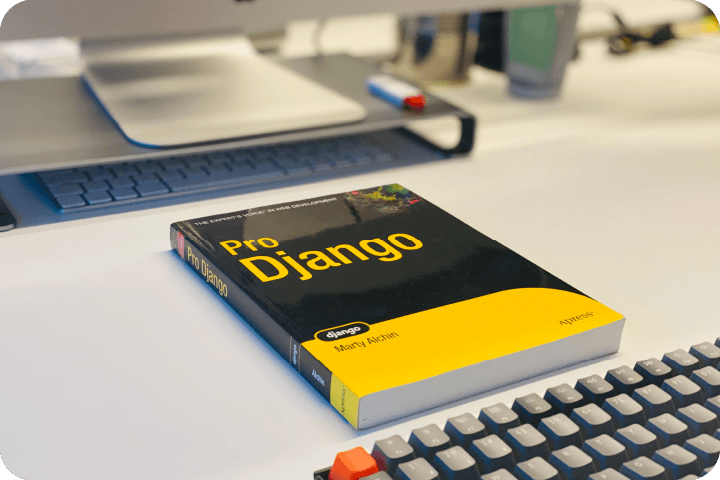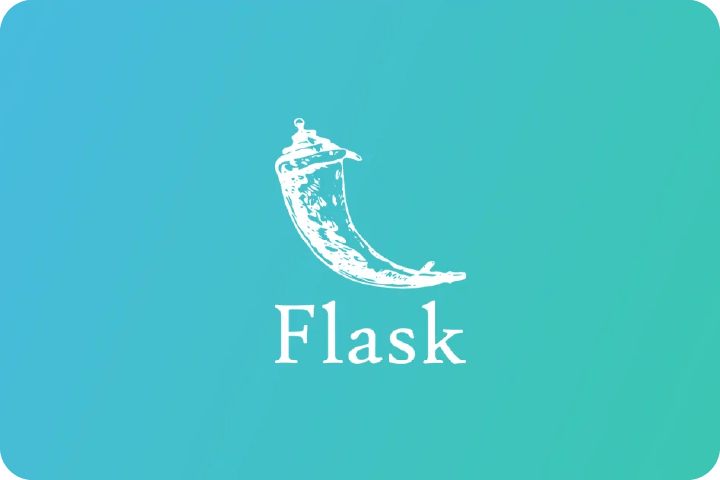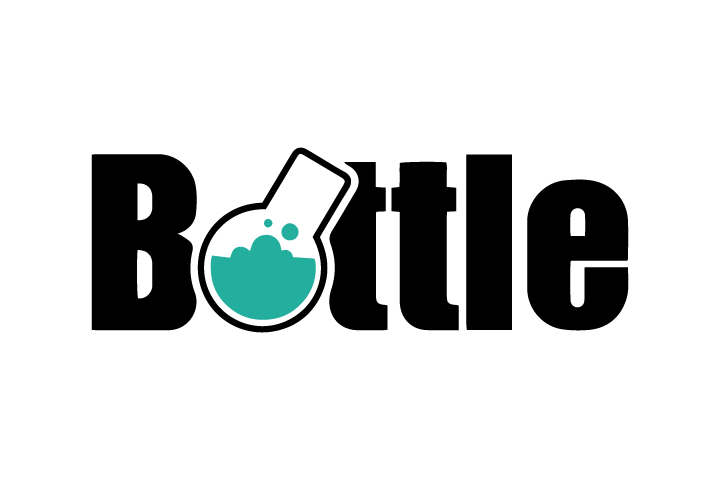Python is steadily gaining popularity and is now the world's second most popular programming language, with 11.3 million software developers worldwide using it. Aside from computer science, the Python language has proven to be useful in a wide range of other fields, including statistics, data analysis, physics, economics, and electronics. The sociology department even offers an introductory programming course for students.
Python is one of the most popular and powerful programming languages, with simple syntax, dynamic semantics, and hundreds of robust libraries and frameworks. It is widely used for web development, as well as big data, machine learning, and artificial intelligence. Python’s frameworks and features distinguish it from other web development languages. Let's take a look at the key Python frameworks for web development that every software engineer should think about before creating websites.
What are the Python frameworks for web development?
Python is an excellent programming language for both newcomers and experienced developers to learn because it emphasises code readability and includes numerous frameworks that aim to cushion the entire software development project. Python frameworks use the programming language to automate common application development and implementation processes.
To be more specific, Python frameworks provide the foundation upon which to build the programme, which contributes substantially to time efficiency because engineers don't have to start developing from scratch and can focus on the application logic without dealing with low-level details and frequent functions.
Advantages of the Python Framework
The following are the primary advantages of Python web frameworks that demonstrate their importance for web development:
Top-notch security
Frameworks are built by experienced software engineers to ensure safety and thus provide effective protection against a variety of attacks and threats, as well as provide developers with tools to avoid mistakes that cause security issues.
Time and money spent on development is reduced
With frameworks, you get the fundamental structure, which allows you to avoid reworking the wheel, saving time and money in the creation and deployment of an application, thus improving overall efficiency and reducing time and money spent on development.
Flexibility
Frameworks are used to develop micro functions as well as to support front-end and back-end development for larger projects due to their high flexibility.
Types of Python Frameworks for Web Development
Python frameworks are typically classified into three types:
- Full-stack frameworks
- Micro-frameworks
- Asynchronous frameworks
Let's look at their benefits.

Full-stack frameworks
The full-stack type is a framework that provides technical solutions for two basic parts of development: the front-end (also known as client-side) and the back-end (the server-side). This framework sector is used for any type of application.

Micro-framework
A micro-framework, as opposed to a full-stack framework, is a lightweight type that refers to a minimalistic web application that lacks most of the functionality found in a full-fledged web application framework, such as authorization, authentication, and data abstraction layer.

Asynchronous framework
The asyncio library, which is used to create concurrent code using the async syntax, serves as the foundation for Python asynchronous frameworks.
The Best Frameworks for Web Development in Python
Django-Open source python web framework

Django, which was created in 2003 and released in 2005, is a tool for developing any type of website, offering functionality that is ready to be transported into a project. This Python framework is the best option for creating highly scalable and complex web applications, allowing for rapid and secure site development.
CherryPy-Object-oriented web application framework
CherryPy, an open-source and object-oriented programming tool that is compatible with various operating systems and aims to make the entire application development process considerably easier owing to its simple syntax, is the second most well-known and beloved Python web application framework.

Flask-Open source python web framework

One of the most popular web frameworks for Python is Flask, and its popularity is only growing. Flask offers a huge add-on library, is easy to deploy, is exquisite to use, and is simple to learn. Its popularity is attributed to how simple it is to use and how quickly you can stand up and start moving.
Pyramid - Open source web application framework in python
One Python web framework with a lot of capabilities is Pyramid. Additionally, it has a wide range of applications, such as websites, web APIs, as well as other sites where a well-known programming language like Python may be required. The Pyramid is known for its adaptability, testability, and modular, flexible design.

Bottle-Micro web framework in Python

Bottle, a 2009 release, is yet another user-friendly and lightweight micro-framework with minimal tools that is ideal for engineers looking for flexibility and generic functionalities to build simple websites and small-scale web apps using external HTTP/WSGI servers.
To wrap it all up,
The use of Python in web development has increased. It is because Python is an open-source language that anybody can use and change for free. Tons of programmers are making Python web frameworks to help with application development. The best Python framework for web development will depend on a variety of elements, including the kind of application, time to market, and technical expertise.


Lead Project Manager
Sivabharathy is a technical architect, technology enthusiast, and voracious reader. His visionary perspective has earned him opportunities to work with innovative projects in the computer software industry. He is an expert in PHP, JavaScript, NodeJS, Angular, Ethereum, Web3, Product Development, and Teamwork.